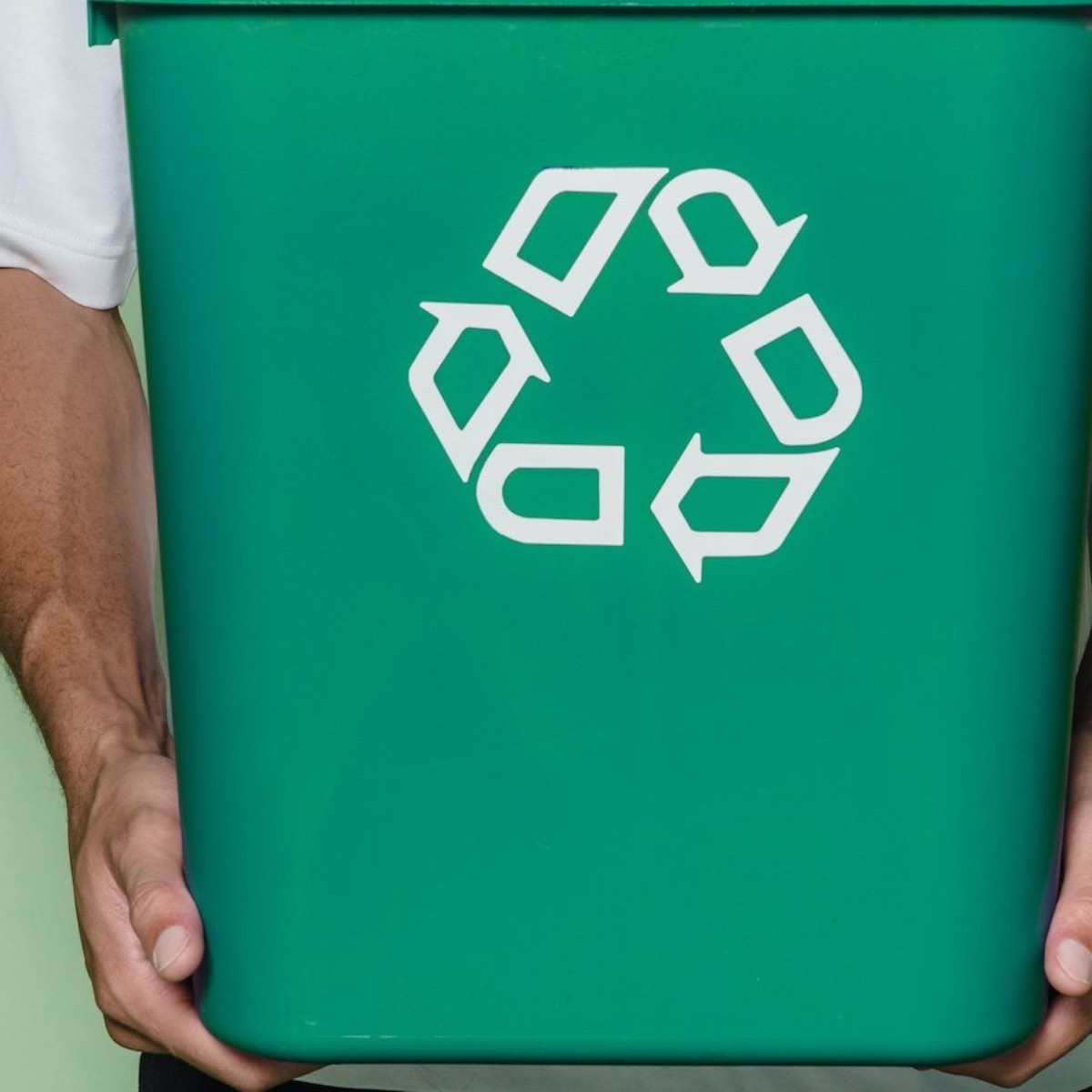If you want to reduce your carbon footprint and start becoming an effective recycling king or queen you need to know and understand the golden rules of recycling.
What Are the Golden Rules of Recycling?

Imagine a world where our everyday discards find new life, transforming not into overflowing landfills, but valuable resources. Recycling holds the key, but mastering it can feel like navigating a labyrinth. Fear not, eco-warriors! The “golden rules” of recycling are here to guide your journey. These essential principles unlock the secrets of effective recycling, maximizing your environmental impact and minimizing confusion. By incorporating these rules into your routine, you’ll become a recycling pro, contributing to a healthier planet, one responsible action at a time.
Unveiling the Golden Rules: Mastering the Art of Recycling
Reduce, Reuse, Recycle: The Cornerstones of Sustainability
The journey to effective recycling begins with the golden trio: Reduce, Reuse, Recycle. This hierarchy guides us to prioritize waste minimization before considering recycling.
1. Reduce: Think smaller! Opt for products with minimal packaging, choose durable items built to last, and embrace conscious consumption habits. Each item avoided is a victory for the environment.
2. Reuse: Give new life to old items! Repair broken objects, donate unwanted belongings, and get creative with repurposing projects. Remember, the most sustainable item is the one you already own.
3. Recycle: When reduction and reuse aren’t possible, responsible recycling comes into play. Learn your local guidelines and sort diligently, maximizing the potential of each recyclable item.
Practical Tips:
- Carry reusable bags and water bottles to avoid single-use plastics.
- Choose refillable containers for household products.
- Repair clothes and electronics instead of replacing them.
- Organize yard sales or swap meets to give pre-loved items new homes.
Know Your Allies: Decoding the Recycling Symbols
Navigating the recycling world requires understanding its language – the symbols! These handy marks on packaging reveal what materials can be recycled and how. Familiarize yourself with your local recycling guide to accurately decipher these symbols.
3. Recycling Symbols: Look for familiar icons like the chasing arrows enclosing numbers (1-7 for different plastics) or the green dot for glass. Each symbol denotes a specific recyclable material.
4. Recycle Right: Not everything bearing a symbol goes in the bin! Check your local guidelines for accepted materials and any sorting requirements. Common recyclable items include paper, cardboard, metal cans, and plastic bottles (depending on type). Remember, wish-cycling (putting non-recyclables in the bin) contaminates the entire load, hindering the recycling process.
Cleanliness Counts: Avoiding Contamination Catastrophes
Food residue, oil, and other contaminants are the arch-nemeses of successful recycling. Imagine a pizza box dripping with cheese sauce wreaking havoc on a batch of paper!
5. Cleaning Essentials: Rinse out containers, remove food scraps, and wipe away any lingering residue before tossing them in the bin. A quick rinse makes a world of difference!
6. Contamination Consequences: Contaminated recyclables can ruin entire batches, rendering them unusable for recycling. This wastes resources and increases landfill burden. By keeping it clean, you contribute to a smoother and more efficient recycling process.
Ditch the Bag, Embrace the Bin: Unwrapping the Bagging Mystery
While plastic bags seem convenient for collecting recyclables, they often cause more harm than good in the recycling process.
7. Bagging Blues: Plastic bags get tangled in sorting machines, disrupting the entire operation and potentially damaging equipment. Additionally, they can contaminate other recyclables, rendering them unrecyclable.
8. Bag-Free Alternatives: So, how do we collect recyclables without them? Opt for loose collection, using a designated bin or basket to hold your sorted items. Some communities accept clear plastic bags specifically for recycling, but always double-check your local guidelines.
Stay Informed, Stay Empowered
The ever-evolving world of recycling requires staying informed. Regularly check your local recycling guidelines for any updates or changes in accepted materials or sorting procedures. Websites, community newsletters, and even social media pages can be valuable resources. Additionally, consider attending educational workshops or volunteering at recycling facilities to gain deeper insights and become a recycling champion.
Additional Tips for Effective Recycling
Plastic Power Down:
Minimize your reliance on single-use plastics like straws, shopping bags, and water bottles. Invest in reusable alternatives and choose products with minimal packaging whenever possible. Remember, every plastic item avoided is a victory for our planet’s health.
Community Champions:
Recycling isn’t a solo act! Look for opportunities to support local recycling programs and initiatives. Donate to organizations advocating for better recycling infrastructure, participate in community clean-up events, or spread awareness among your friends and family. Together, we can create a wave of positive change.
Conclusion
The golden rules of recycling – Reduce, Reuse, Recycle, Know What’s Accepted, Clean and Empty, Ditch the Bag, Stay Informed – provide a powerful roadmap for navigating the world of responsible waste management. By incorporating these principles into your daily routine, you’ll not only reduce your environmental impact but also contribute to a more sustainable future for generations to come. Remember, every action, no matter how small, has the power to make a difference. So, embrace these golden rules, become a recycling pro, and join the movement towards a cleaner, greener tomorrow!
Check out more recycling stuff here.


